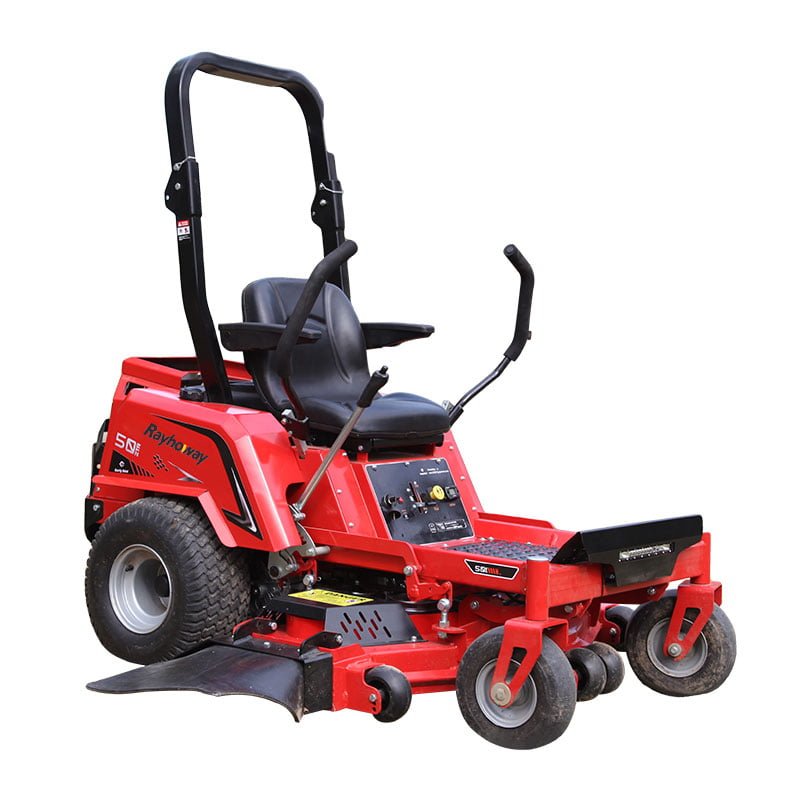Gas lawn mowers are a staple in many households, especially in regions where lawn maintenance is a regular chore. These machines are valued for their power, efficiency, and ability to handle large areas of grass with ease. However, like any mechanical device, gas lawn mowers have a limited lifespan. Understanding the life expectancy of a gas lawn mower can help homeowners make informed decisions about maintenance, repairs, and eventual replacement.
Factors Influencing the Life Expectancy of a Gas Lawn Mower
Several factors can influence how long a gas lawn mower will last. These include:
- Quality of the Mower: Higher-quality mowers with better materials and construction tend to last longer.
- Usage Frequency: The more a mower is used, the faster it will wear out.
- Maintenance: Regular maintenance, such as oil changes, air filter replacements, and blade sharpening, can significantly extend a mower’s life.
- Storage Conditions: Mowers stored in dry, protected areas tend to last longer than those exposed to the elements.
- Type of Terrain: Mowing on rough or uneven terrain can put extra stress on a mower, reducing its lifespan.
Average Life Expectancy
On average, a gas lawn mower can last anywhere from 8 to 12 years with proper care and maintenance. However, this is a broad estimate, and some mowers may last longer or fail sooner depending on the factors mentioned above. For instance, a high-quality mower used infrequently and maintained meticulously could potentially last 15 years or more, while a lower-quality mower used heavily and neglected might only last a few years.

Signs Your Gas Lawn Mower May Need Replacement
As a gas lawn mower ages, it may start showing signs that it’s nearing the end of its life. These signs include:
- Frequent Breakdowns: If your mower is breaking down more often and repairs are becoming costly, it might be time to consider a replacement.
- Decreased Performance: A noticeable drop in cutting performance, such as uneven cuts or difficulty mowing through thick grass, can indicate that the mower is wearing out.
- Rising Maintenance Costs: If the cost of maintaining the mower starts to approach the cost of a new one, it’s worth evaluating whether it’s more economical to replace it.
- Safety Concerns: Any safety issues, such as a malfunctioning blade or difficulty controlling the mower, should be taken seriously. If these issues cannot be resolved, it’s time to look for a new mower.
Extending the Life of Your Gas Lawn Mower
To maximize the life expectancy of your gas lawn mower, consider the following tips:
- Regular Maintenance: Follow the manufacturer’s maintenance schedule, which typically includes oil changes, air filter replacements, and blade sharpening.
- Proper Storage: Store your mower in a dry, protected area when not in use. Clean it after each use to prevent rust and corrosion.
- Fuel Stabilization: Use a fuel stabilizer to prevent gasoline from degrading, especially if you won’t be using the mower for an extended period.
- Avoid Overuse: If possible, avoid using the mower for extended periods without breaks, as this can overheat the engine and cause unnecessary wear.
Conclusion
The life expectancy of a gas lawn mower can vary widely depending on factors such as quality, usage, maintenance, and storage conditions. On average, a well-maintained gas lawn mower can last 8 to 12 years, but with exceptional care, it could last even longer. By understanding the signs that your mower may need replacement and taking steps to extend its life, you can ensure that your investment in a gas lawn mower provides years of reliable service.